Filter by
The language used throughout the course, in both instruction and assessments.
Results for "rocket+science+history"
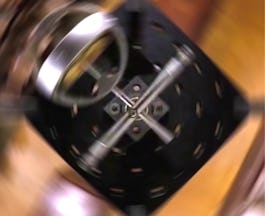
Rice University
Skills you'll gain: Problem Solving

University of Colorado Boulder
Skills you'll gain: Communication
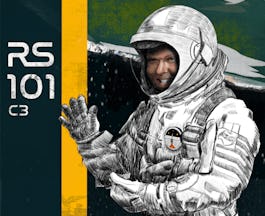
University of Michigan

Michigan State University
Skills you'll gain: Entrepreneurship, Leadership and Management, Strategy, Strategy and Operations, Marketing, Business Process Management, Planning, Business Analysis, Business Design, Media Strategy & Planning
 Status: Free
Status: FreeUniversity of Arizona

Arizona State University
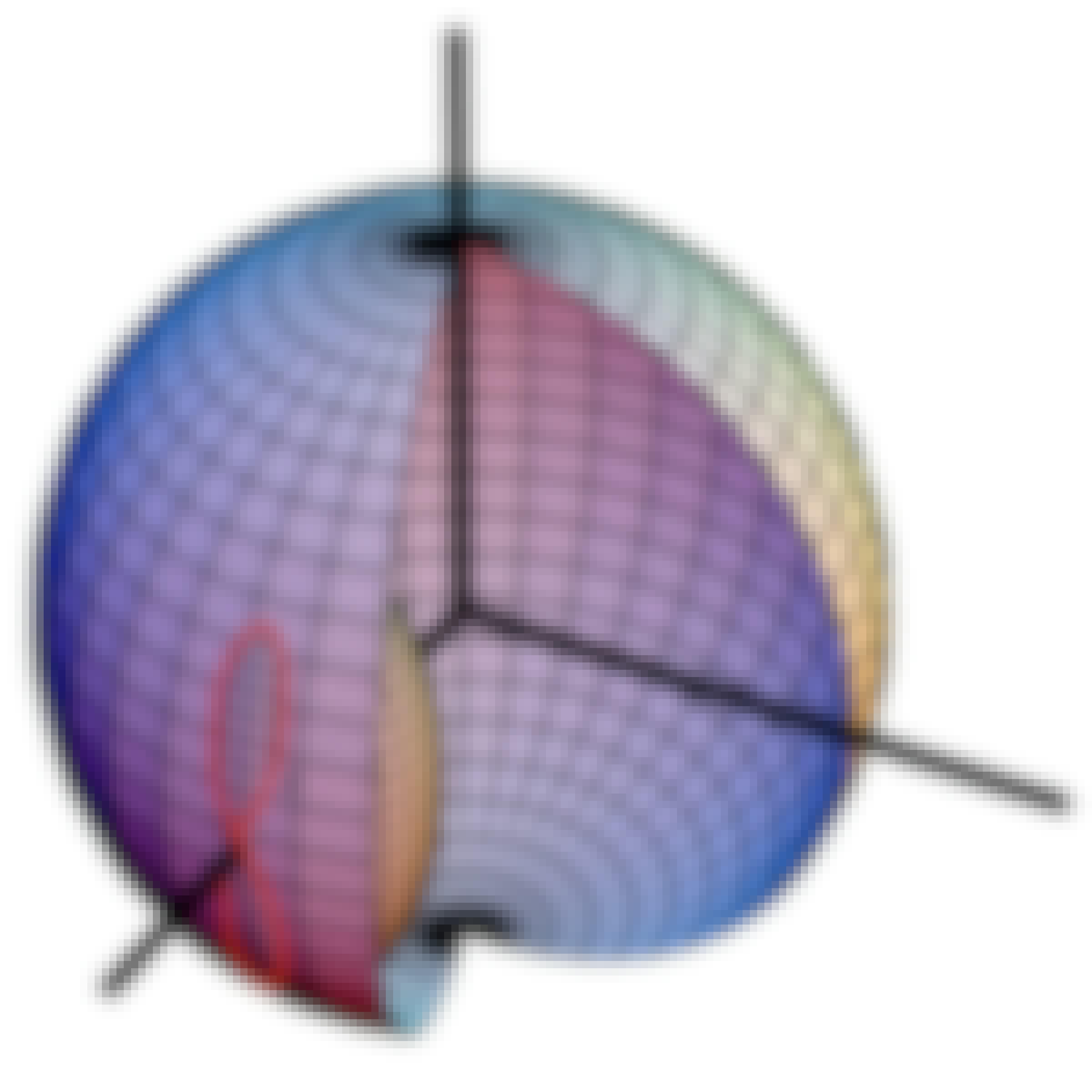
University of Colorado Boulder
Skills you'll gain: Algebra, Linear Algebra, Mathematical Theory & Analysis, Algorithms, Spatial Analysis
 Status: Free
Status: FreeUniversity of California, Santa Cruz
 Status: Free
Status: FreePolitecnico di Milano
Skills you'll gain: Calculus, Leadership and Management, Strategy, Business Analysis, Data Analysis, Strategy and Operations, Decision Making, Communication, Design and Product, Finance
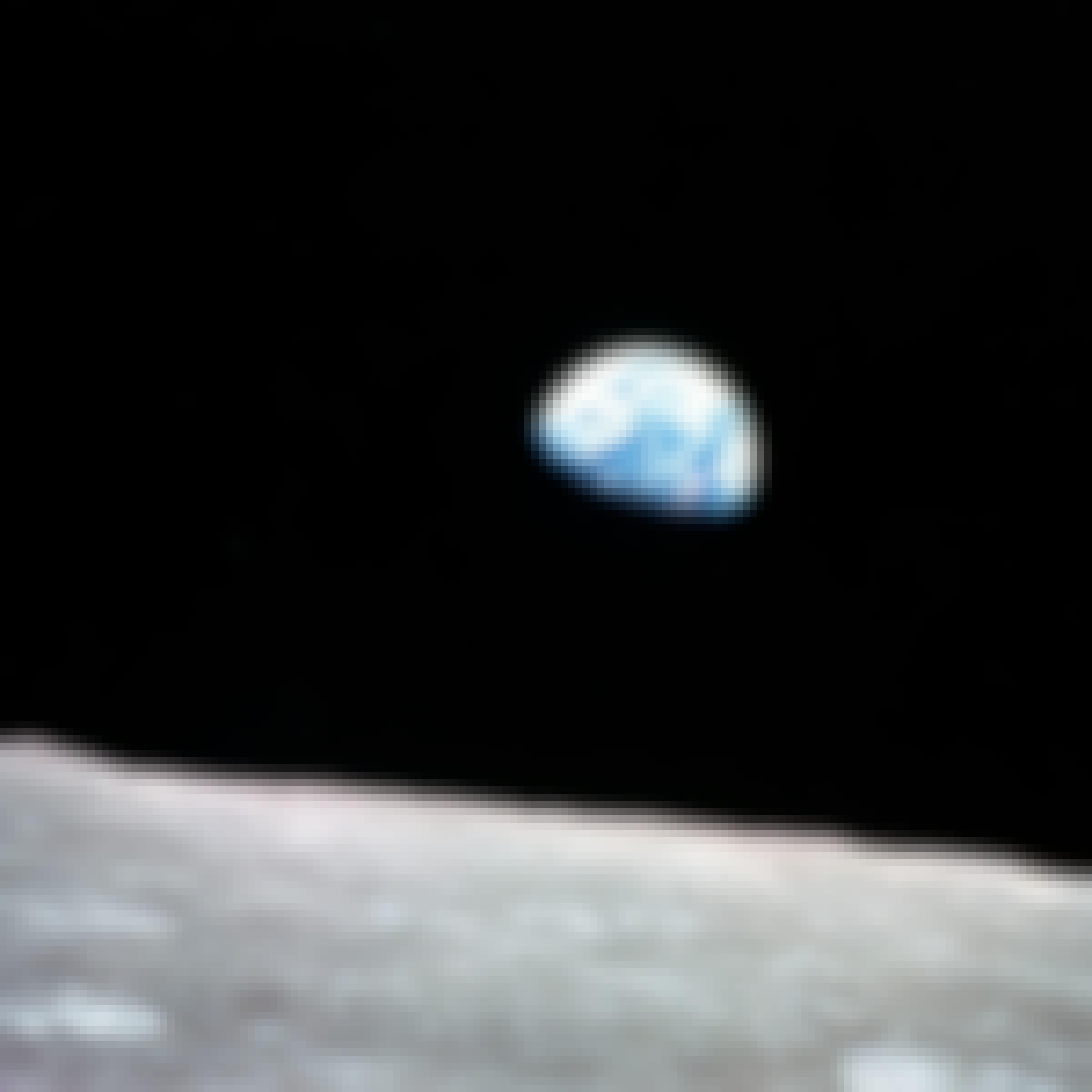 Status: Free
Status: FreeUniversity of Arizona
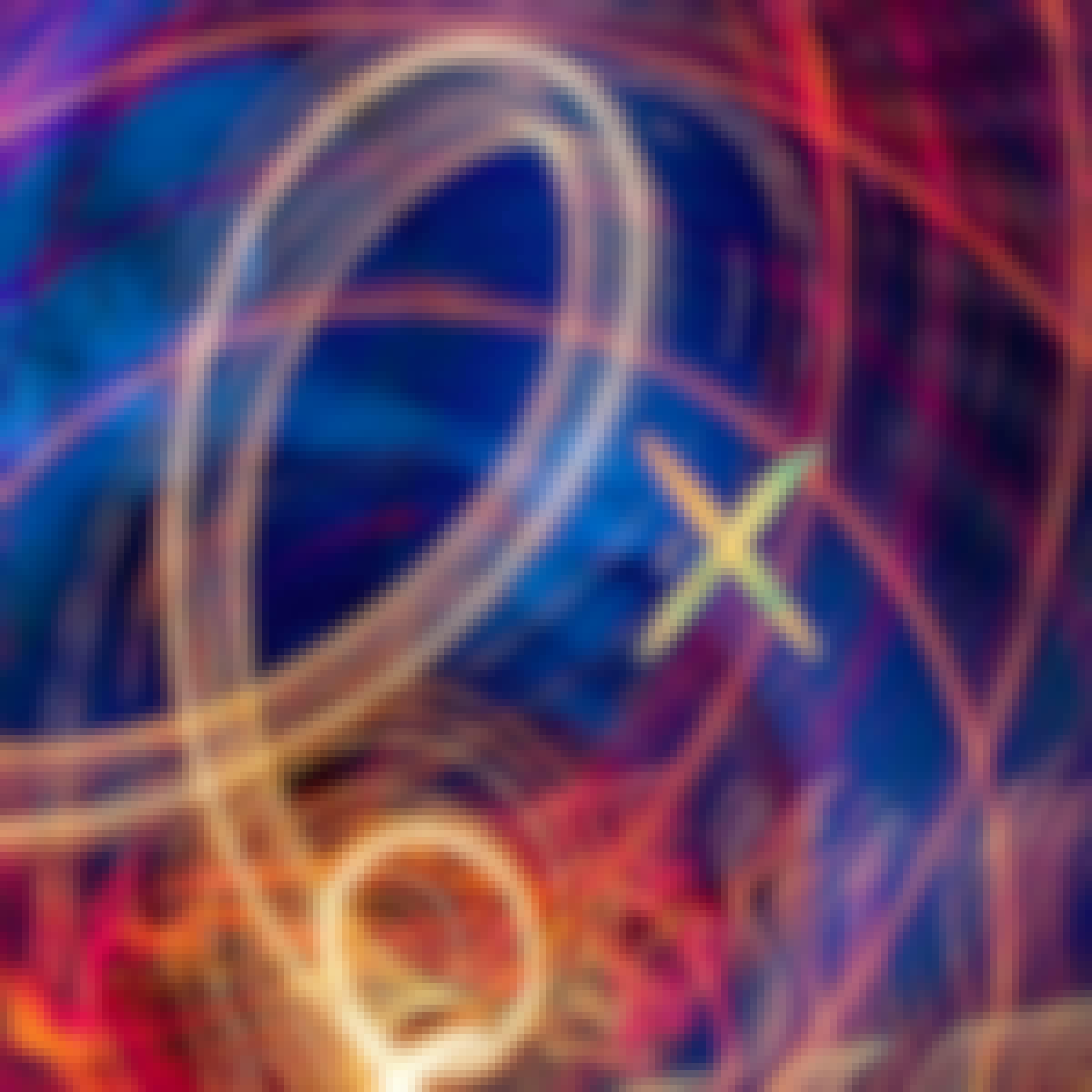 Status: Free
Status: FreeÉcole Polytechnique

University of Colorado Boulder
Skills you'll gain: Mathematics, Angular, Differential Equations, Linear Algebra, Calculus, Mathematical Theory & Analysis, Problem Solving
Searches related to rocket+science+history
In summary, here are 10 of our most popular rocket+science+history courses
- Physics 101 - Rotational Motion and Gravitation : Rice University
- Designing Effective Science Communication: University of Colorado Boulder
- Rocket Science in Everyday Life: University of Michigan
- Launch Strategy: 5 Steps to Capstone Experience: Michigan State University
- Biosphere 2 Science for the Future of Our Planet: University of Arizona
- Material Jetting and Stereolithography: Arizona State University
- Kinematics: Describing the Motions of Spacecraft: University of Colorado Boulder
- The History of Medicine: Philosophy, Science, and Psychology: University of California, Santa Cruz
- Introduzione alla fisica sperimentale: meccanica, termodinamica: Politecnico di Milano
- Introduction to the Orbital Perspective: University of Arizona










